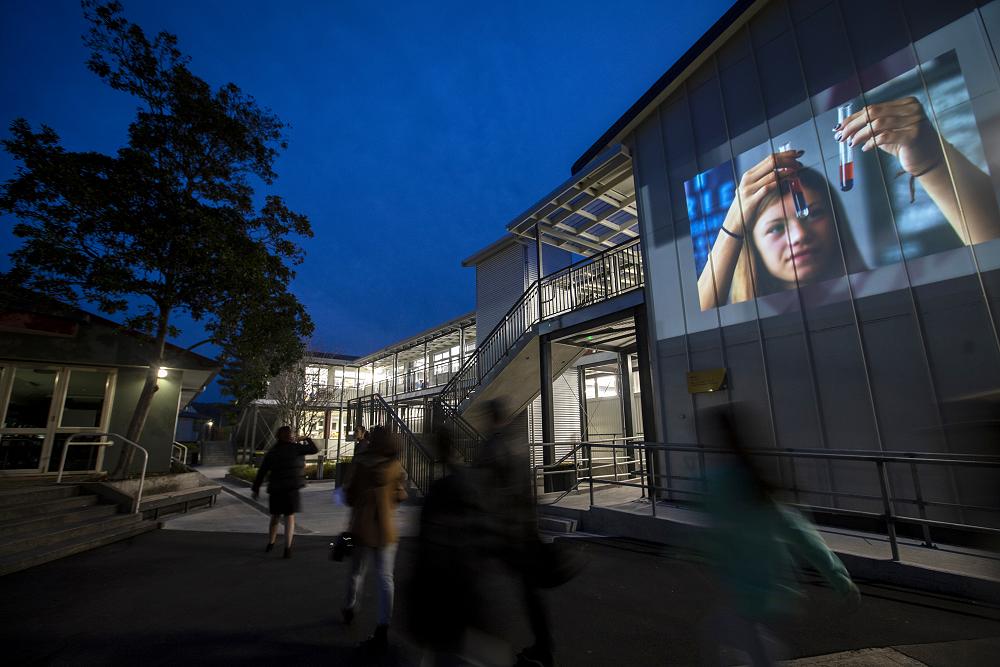
What's changing in 2021?
There are some important changes coming next year to the junior curriculum, the timetable and our new extended tutor programme. Here are the key things you need to know and the thinking behind these developments.
Junior Modules
Following a review of our junior curriculum the development of our new junior modules aims to offer year 9 and 10 students more choice in their weekly timetable. The modules are also designed to provide learning contexts which connect to the real world and span several curriculum areas. In year 9 we have changed the previous system where students rotated through an allocation of arts and technology subjects to allow greater choice as they complete these elements of the curriculum. So students joining us at year 9 in 2021 will choose 2 arts, 2 technology subjects and a further 2 modules.
At year 10, in addition to the core subjects, students will study 6 modules of their choice - 3 in each half year. These include a range of arts and technologies as well as a diverse selection of extra modules. Staff have worked hard to create modules which are interesting, engaging and challenging for students and which provide a wide range of educational opportunities both within and outside the classroom. Many of these modules are integrated across several curriculum areas. Examples include 'School of Rock', 'Illustration' and 'Waka Ama and Way Finding' as well as languages and literacy and numeracy support modules.
In 2022 we intend to expand these developments to invigorate the core as well as the module curriculum with more cross-curricular and student led learning. Watch this space...
Timetable
To support the changes in the classroom our daily timetable will change next year from five 60 minute lessons per day to four 75 minute lessons. The rationale for this is:
- 75 minutes allows for more time to progress from the shallow elements of learning to deeper understanding. A wider range of learning activities can be explored in each lesson
- Longer blocks allow students to get more involved and focus on their own learning. For example may students commented that a benefit of lockdown learning was that they could spend longer on given tasks rather than moving after a 60 minute bell.
- There will be 4 lessons per day rather than 5. This means reduced movement around the school, less time lost in the transition and admin between classes
The amount of time for each subject across the year remains very similar to the current structure.
Puna Ako - extended tutor time
For all students one 75 minute lesson per week will be an extended tutor period. The overall aim of the extended tutor programme is to pull together the threads of learning, school life and progression into future pathways. This inspired the name ‘Puna Ako’ or the learning spring. There are a number of features of Puna Ako – some relevant to all year levels and some specific to particular year groups.
The intentions of Puna Ako include fostering a sense of involvement in the life of school and creating a sense of community. Tutor classes will work together to plan and implement in-school and community projects, cultural or sports events. Another key aim is to allow time and space for tutors to get to know the students in their class as learners and to effectively monitor their learning progress across the range of their classes. Academic conversations which encourage students to take agency over their learning, to track their progression and set goals for their next steps will be prioritised.
Well being is another priority. Puna Ako will allow time to be spent on activities which foster hauora (well being). The school week is busy and taking time out to connect with each other and engage in meaningful but enjoyable non academic activities can help strengthen relationships and find meaning in school and community life.
As students move into the senior school, tertiary study, careers guidance and key life skills can be covered including aspects of gaining a drivers' licence, budgeting, managing money and basic first aid.
At years 9 and 10 tutor classes will continue to be the same as the core class and the aim will be for a core subject teacher to be the tutor teacher. A change next year will be that year 11s will remain in the same tutor class as their current year 10 class. This change has been made so support can be targeted for students doing their first year of NCEA at year 11. Year 12s and 13s will be grouped together into senior tutor classes. The Puna Ako programmes are currently being developed by a team of teachers from across learning areas and input is being sought from staff, whanau and students about the competencies, skills and supports which are most highly valued.
